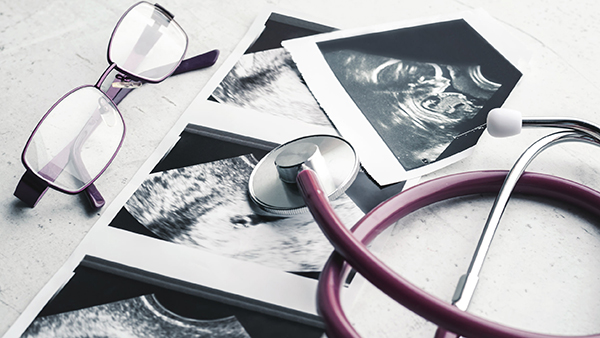Some 45 abortion clinics across the U.S. ceased performing the procedure in 2020, according to a recent report published by Operation Rescue, a pro-life advocacy organization.
About half of these clinics provided surgical abortion, while the others were for abortion pills, which facilitate chemical abortions.
Nineteen of the 56 abortion facilities that closed, or indefinitely ceased operations, were in New York and California — states that enacted strict lockdowns in an effort to quell the spread of the COVID-19 pandemic.
These lockdowns may have contributed to the inability of some facilities to perform abortions, according to Operation Rescue.
When factoring in states that added clinics, there was a net decrease of four nationwide in 2020.
Planned Parenthood operated 52% of U.S. abortion clinics, but 58% of abortions were conducted at independent clinics.
Prior to the pandemic, very few abortion facilities provided women the option to abort pregnancy through telemedicine programs. Operation Rescue found that in 2020, the number rose to 69.
Abortion drugs were available by mail because the U.S. Food and Drug Administration relaxed a 2000 federal law requiring women to visit a clinic, doctor’s office or hospital before being eligible to receive drugs that induce abortion — a reaction to reduced abortion capacity in many areas from regulations aimed at slowing the spread of COVID-19.
On Jan. 12, however, the U.S. Supreme Court reinstated the requirement that women must be seen in person before being prescribed abortion-inducing drugs.
In Alabama, chemical abortion medications can only be prescribed by physicians, and only after the patient seeking the abortion completes an in-person doctor’s appointment with the prescribing physician, noted Eric Johnston, an attorney with the Southeast Law Institute based in Birmingham.
Six states passed 17 “life-affirming laws” in 2020, while legislation expanding abortion was enacted in Virginia and the District of Columbia.
Alabama efforts
As of Feb. 16, four abortion-related bills have been introduced in the Alabama Legislature:
- A born-alive bill, requiring a physician to exercise reasonable care to preserve the life of a child born alive after an abortion or attempted abortion
- A bill to ban chemical abortions in the state
- A bill recognizing Jan. 22, 2022, as the Day of Tears in Alabama, to “mourn the innocents who lost their lives to abortion”
- A bill requiring medical professionals to dispense information about the effects of abortion-inducing drugs and the reversal of such.
Read more about pro-life measures across the U.S. and in Alabama at tabonline.org/abortion.






Share with others: